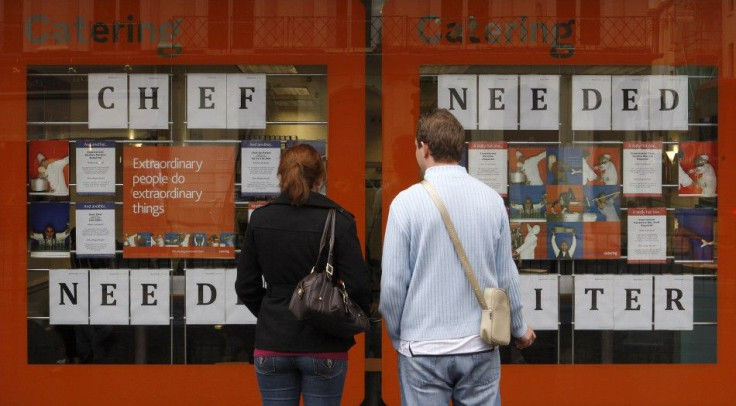UK personal insolvencies hit record high last year; 2011 may be even worse

Personal insolvencies in Britain reached an all-time high in 2010, with 135,089 bankruptcies recorded (up 0.7 percent from the prior year), although the trend has been declining since the second quarter of last year, according to The Insolvency Service.
Indeed, the number of insolvencies reported in the fourth quarter of 2010 (30,729), was the lowest figure since the first quarter of 2009 and 13.6 percent below the year-ago figure.
Lower unemployment has also helped to limit individual insolvencies, while banks and creditors have also been encouraged to take a sympathetic approach to financial problems, said Howard Archer, a London-based economist ar IHS Global Insight. “ In addition, the government has been willing to defer companies' tax payments.”
Still, it is somewhat shocking to realize that 370 Britons are going bankrupt every single day.
Louise Brittain, a partner in Deloitte’s Contentious Insolvency team, was quoted as saying “it comes as no surprise that we have seen an increase in debt recovery orders as even those with a relatively low level of debt will be struggling to make ends meet.”
She also commented that these figures do not accurately represent the number of people (perhaps in the thousands) who are managing their debt without depending on professional assistance.
In fact, Archer said that the risk of insolvency remains high for many Britons, given the likelihood of higher interest rates by the Bank of England, soaring taxes and many more job cuts as a result of the coalition government’s spending review.
“The reality is many people remain at risk, particularly if economic activity is muted and unemployment moves higher in 2011 as tighter fiscal policy increasingly bites,” he said.
“The substantial fiscal squeeze will increasingly hit public sector jobs and consumers' pockets, while households already face high unemployment, negative real wage growth and elevated debt levels.”
Similarly, Brittain warned that we will undoubtedly see the number of people filing for bankruptcy in 2011 remain high as soaring commodity prices, inflation and the increase in [value-added tax] VAT begin to hit households hard.”
Archer also believes that there will be a “lagged impact” on personal insolvencies arising from the recession as “likely relatively muted growth in 2011 will mean that many people who have lost their jobs will be unemployed for a long time and this will weigh heavily on their finances.”
© Copyright IBTimes 2024. All rights reserved.



















